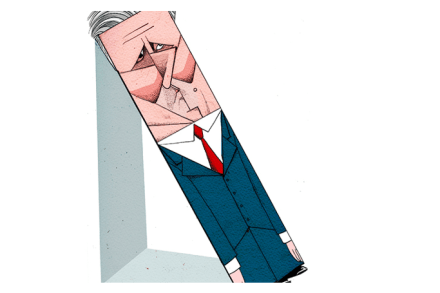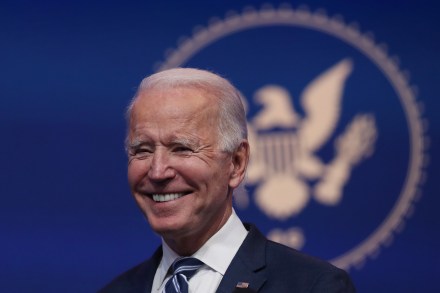A warning from history for Keir Starmer
It is nearly a year since one of the Labour party’s worst ever election defeats; and just over six months since Keir Starmer became its leader. Starmer has acknowledged that his party has a mountain to climb if it is to win the next election, but that is his target. Most opinion surveys suggest he has started well: Labour has drawn level with the Conservatives. This rapid improvement might however be courtesy of the Prime Minister’s uncertain handling of the unprecedented Covid crisis. With a vaccine in the offing, voters might again look favourably on Boris Johnson as Britain returns to something-approaching normality. Perhaps a better guide to how political





















